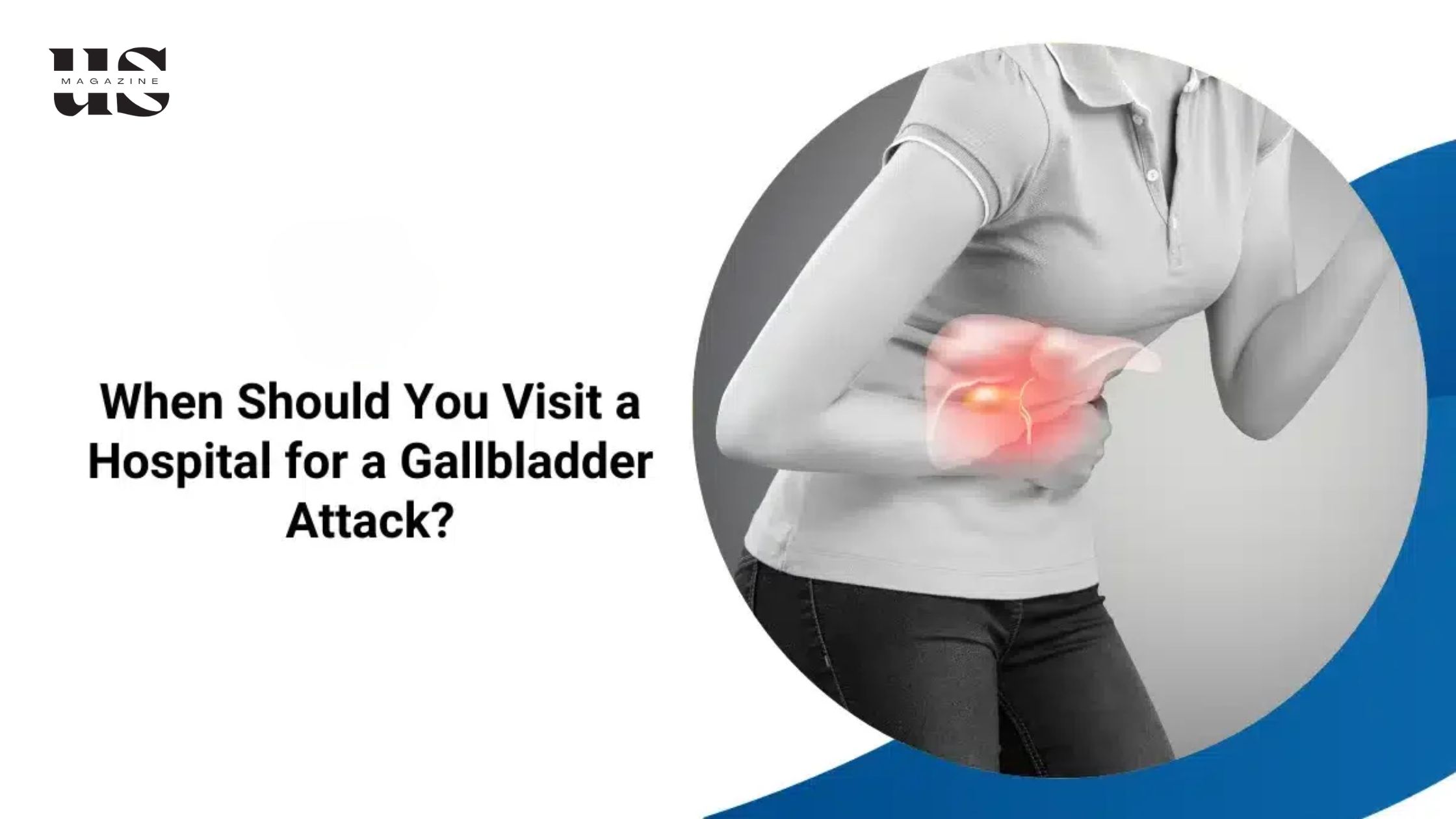Understanding when to seek medical assistance for a gallbladder attack is crucial for managing this painful condition effectively. While some cases can be managed at home, certain symptoms warrant immediate attention at a hospital. Knowing these indicators can help you make informed decisions for your health.
Also Read: Hypokalaemia: Causes, Symptoms, and Treatment Options
Key Signs of a Severe Gallbladder Attack:
- Persistent, Intense Abdominal Pain: Unrelenting pain in the upper right abdomen that doesn’t subside or worsens over time.
- Nausea and Vomiting: Severe nausea accompanied by persistent vomiting that doesn’t ease up.
- Fever and Chills: Sudden onset of fever and chills, which might indicate an infection or inflammation.
- Jaundice: Yellowing of the skin and whites of the eyes, indicating a potential blockage in the bile duct.
When to Consider Immediate Medical Attention:
If you experience any of the following scenarios, seeking urgent medical care is crucial:
- Intolerable pain that prevents you from finding a comfortable position.
- Vomiting that inhibits your ability to keep down fluids or medication.
- Onset of high fever and chills, indicating a possible infection.
- Yellowing of the skin or eyes, suggesting a bile duct blockage.
When to Contact Your Doctor:
In some cases, reaching out to your healthcare provider is necessary but not immediately urgent. Consider consulting your doctor if you notice:
- Mild to moderate pain that subsides with over-the-counter pain medication.
- Occasional nausea and vomiting without persistent symptoms.
- Symptoms that improve within a few hours or a day.
- Changes in bowel movements or stool color that are not accompanied by severe pain or other alarming symptoms.
Also Read: FBE Blood Test: Understanding Its Importance and Results
Understanding the Importance of Timely Intervention:
Seeking prompt medical attention for a gallbladder attack can prevent complications and ensure appropriate treatment. Delaying treatment might lead to a worsening condition, increasing the risk of complications such as infection, pancreatitis, or even gallbladder rupture.
Conclusion:
Knowing when to go to the hospital for a gallbladder attack can be crucial in ensuring timely medical intervention. Recognizing the signs of a severe attack and understanding when to seek immediate medical attention versus contacting your healthcare provider can help you manage this condition effectively and prevent potential complications. Always prioritize your health and consult a healthcare professional for personalized guidance and treatment.


























